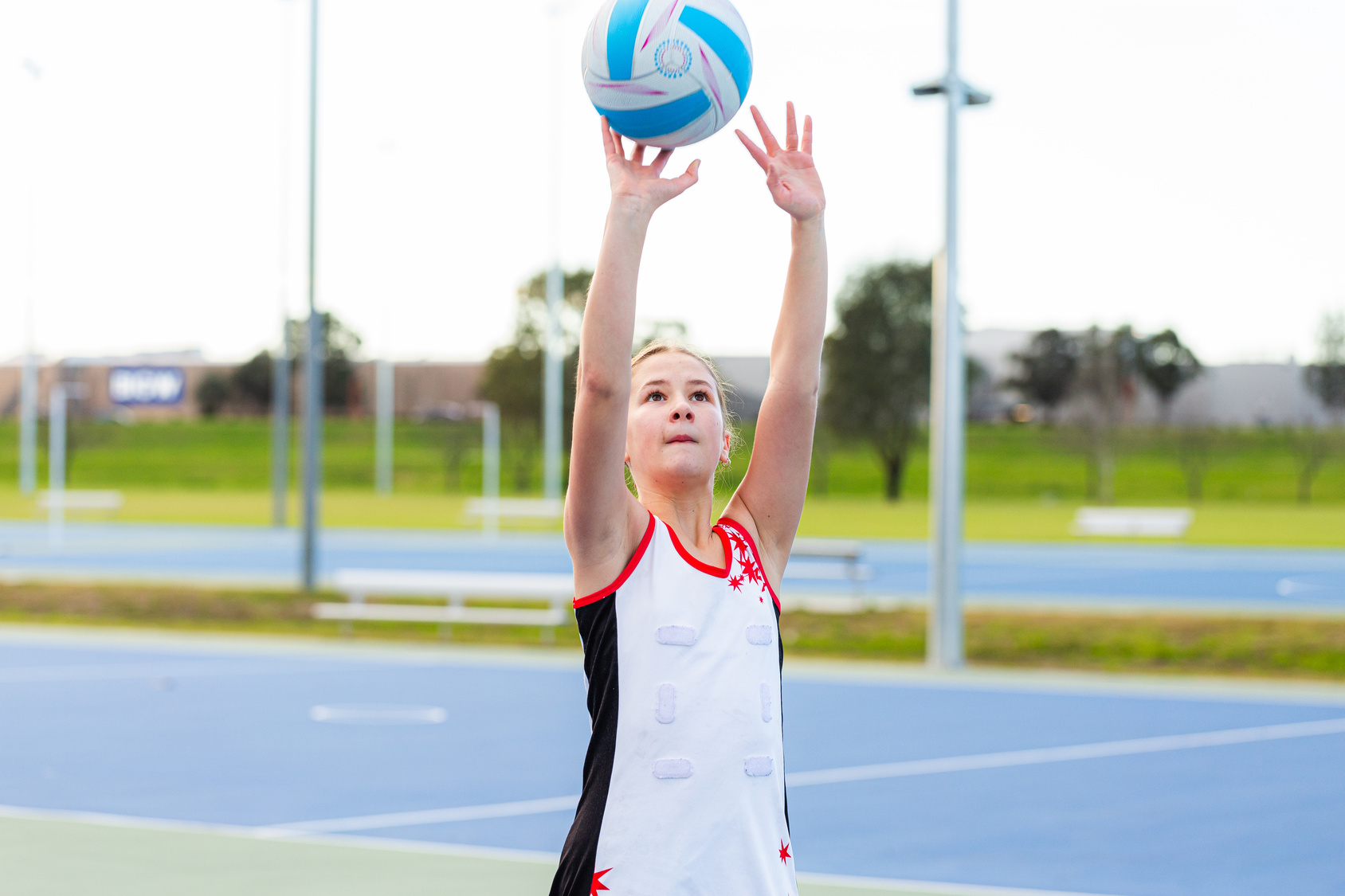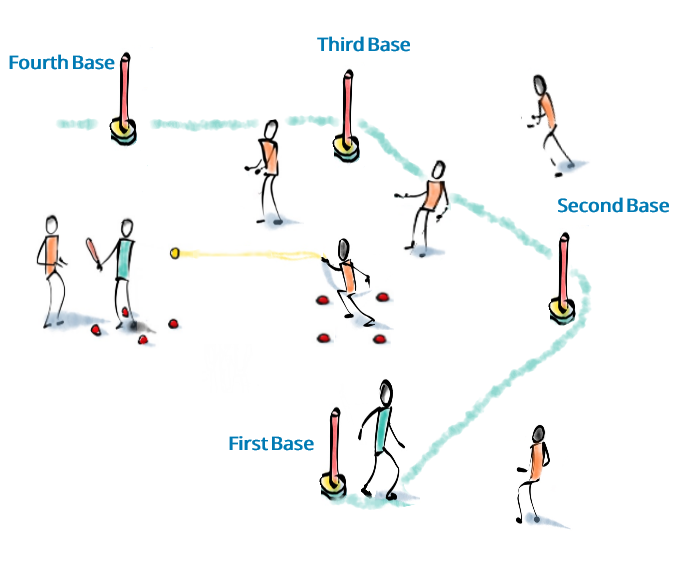EYFS Statutory Framework 2021
What the framework changes mean to Primary School PE...

The start of the 2021-22 school year brought the reform of the new Early Years & Foundation Stage (EYFS) Statutory Framework.
Getting on board with a new structure is always a huge task … What has changed? What is staying the same? How does this impact my planning? How does this look in practise?
The PE Planning development team have made all of this a little easier for you by adapting all our FOUNDATION PLANS and PLANNING DOCUMENTS to ensure they fit with the new Framework.
We were excited to see that the framework changes really focus on promoting healthy lifestyles, healthy eating habits and supporting self-regulation within the Personal, Social and Emotional Development prime area. Now more than ever these topics play a vital role in life and are a very welcome enhancement to Primary School Physical Education.
Some changes are subtle, for example the Building Relationships goal, is similar to the previous Making Relationships goal, whilst others are a shift in focus with self-care now falling within PSED instead of Physical Development.
In the Physical Development area there is more focus on moving and handling development from birth to Reception, with fine and gross motor skills being at the centre of it.
Early Learning Goals
The Early Learning Goals, that should be used as an assessment at the end of the reception year, help support teachers to make a professional judgement on a child’s development, understanding, knowledge and readiness for Key Stage 1.
“The level of development children should be expected to have attained by the end of the EYFS is defined by the Early Learning Goals (ELGs)” {Early years foundations stage (EYFS) statutory framework}
From the 17 ELGs, our EYFS LESSON PLANS & RESOURCES really focus on the 5 goals below:
Personal, Social & Emotional Development
- Self Regulation
- Managing Self
- Building Relationships
Physical Development
- Gross Motor Skills
- Fine Motor Skills
Assessment
There are now only two options for a teacher to judge a child’s development when assessing them at the end of the Reception year.
Instead of the previous “exceeding” development, practitioners must now only decide whether a child is ‘meeting expected levels of development,’ or ‘not yet reaching expected levels (emerging)’.
Written and/or photographic evidence is not needed to support these judgements, therefore reducing practitioner workload, and allowing more time to be spend with the child.
Development Matters
As before, although not compulsory, it has been recommended that the Development Matters Document (also updated 2021) is used alongside the new statutory framework.
The age bands within this document have been simplified to help track a child’s development. The new bands are… Birth to 3; 3 to 4 year olds; & Children in Reception.
The document is shorter, easier to follow, and gives more freedom to deliver a broad curriculum.
Tracking children’s progress has also been made easier by giving practitioners the freedom to use their knowledge and experience to make professional judgements on a child’s development.
“The freedom to make professional judgements” can seem intimidating after being used to the previous age bands and the very structured system. And after the challenging year everyone has had, the changes could cause some concern. However, these changes are positive changes, saving time and effort on data and evidencing for Ofsted and really providing a child-centred approach.
Conclusion
Lots of the EYFS Statutory Framework changes are very similar; subtle changes to existing content, slight shift in focus, condensing of goals, etc. But there are also some noticeable differences, particularly on the assessment side of things.
These changes will take some getting used to and could cause some anxieties with the freedom and ownership on ‘professional judgements’.
However, they should be seen as positive changes. Trust has been placed on the teachers who are the professionals and know the children better than anyone else. And with every child being different, and learning at a different pace, it’s important that the framework and guidance takes this approach and really allows consideration of every child.
Good Luck with the school year ahead. Rest assured that PE is one less thing for you to worry about! Our EYFS lesson plans are Here – up to date and ready for you to download and go. If you need any further information or guidance of the EYFS Statutory Framework, please do message us.
To discover more about the PE Curriculum, head to our Planning Guidance Page.


